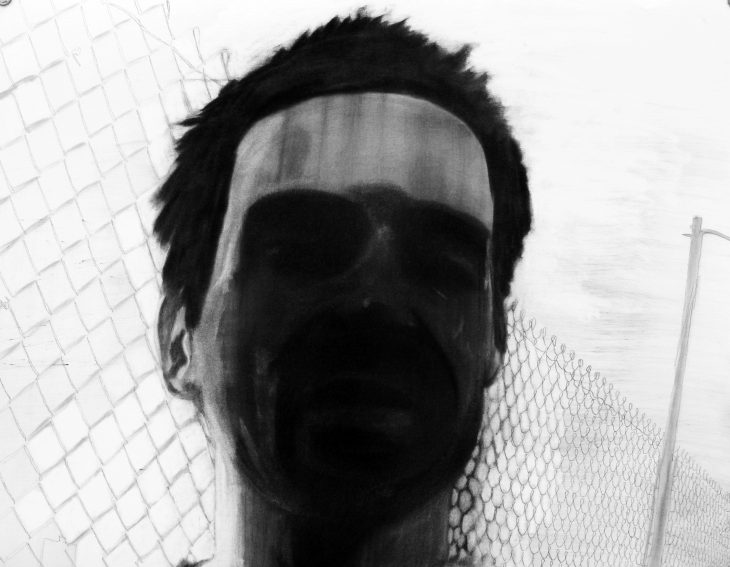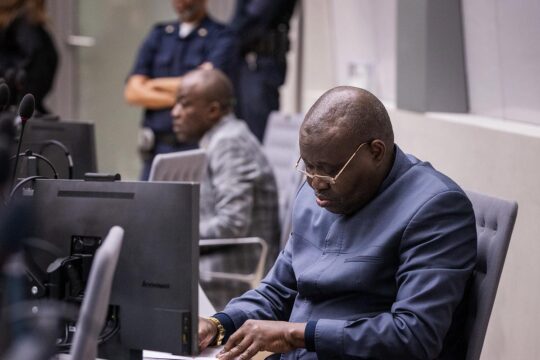The week in transitional justice was marked by a brutal deterioration of the situation in Bangui. Calm returned to the capital of the Central African Republic (CAR) after violence that left dozens dead and injured, and thousands displaced. But the “transition” has stalled. On Sunday October 4 there was supposed to be a constitutional referendum, the first step in a tight electoral marathon, but it has been postponed until further notice, amid general indifference. Central Africans have other things to worry about right now. As explained by Thierry Vircoulon of International Crisis Group in an enlightening interview with JusticeInfo.Net: “The current upsurge of violence results from an accumulation of mistakes by the international community which wants to organize elections amid insecurity and a more or less complete institutional void, and which is putting crisis exit strategy before crisis resolution strategy.”
And as Central African Republic Prime Minister Mahamat Kamoun says he told the United Nations, “the way the Central African crisis has been handled shows the limitations of the international forces”.
Despite such clear policy weaknesses, no roadmap has yet been announced to try to end the crisis. The whole transition and reconciliation process now seems out of date in this country with no State apparatus, so no effective justice, administration, police or army, but also no roads or minimal infrastructure.
Elections were also postponed in Burkina Faso, which is trying to put itself back together after the coup d’Etat and criminal fiasco of ECOMOG which thought granting impunity to the rebel soldiers could guarantee peace. Local elections were also postponed in Mali, where a demonstration against the UN mission MINUSMA, accused of bias towards armed groups in the North, drew hundreds of participants. This is another sign of tension in Mali, where the peace process is also under threat and the international community is not doing enough.
On the more purely judicial level, France announced it has launched an investigation against the Syrian regime of Bashar al-Assad for “crimes against humanity”, on the basis of the “Caesar report” (Caesar is the codename of an ex- military police photographer who fled Syria in July 2013, taking with him graphic photographs of alleged atrocities). These photos leave little doubt about the fierce repression in Syria and the need to give rights to refugees who nevertheless remain “rightless”, as concluded in an analysis by Pierre Hazan.
However, as is well explained in a JusticeInfo.Net article, this French preliminary investigation, announced to great fanfare, is charged with diplomatic and political undertones and has little chance of progressing to trial. In order to do so, France needs to find a victim who is a French citizen or arrest a suspect on its territory, both of which look difficult.
From France to the Central African Republic, we have seen once again that justice and transition processes cannot work without the will and determination to find a political solution.







